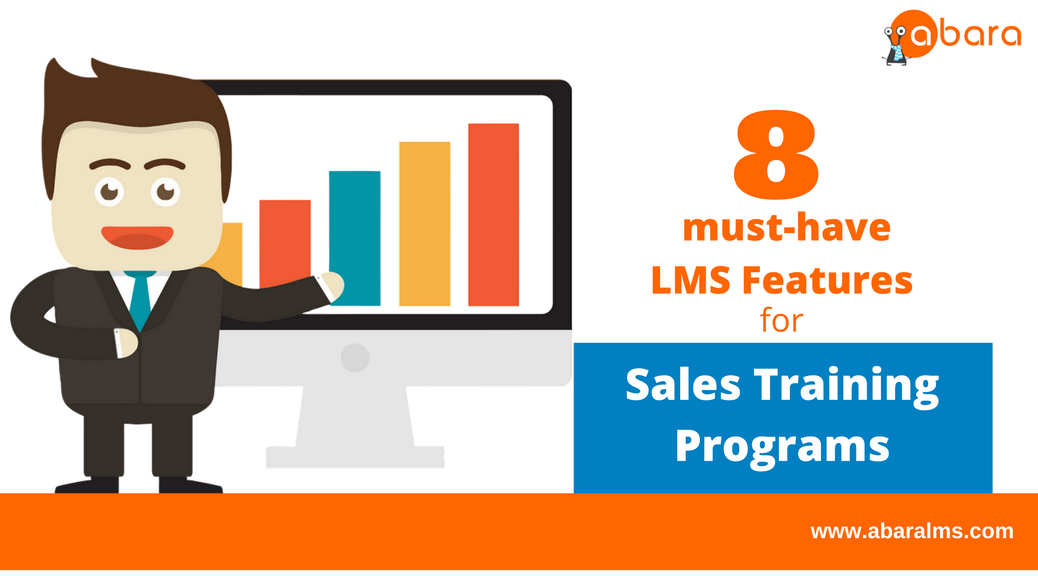Sales Training is about effectively communicating the value of your product or service to the buyers. Every organization strives to improve their sales closure rates by trying to maximize the efficacy and productivity of the field sales teams. But not all organizations are keen on training their customer-facing teams. Some consider Sales rep trainings as a mere waste of resources. They believe in on-the-job training and learning the ropes with experience.
But there are many organizations that host on-boarding programs for the new recruits, product knowledge Seminars, customer interaction training, case-study based learning and much more. Partner Training programs are also on the rise with many large organizations dealing with multiple suppliers, dealers and external vendors who facilitate sales for them.
So what are some of the common concerns that organizations want to address by training their sales channels?
- Lower the number of customer complaints and sales returns
- Improve customer satisfaction indices
- Reduce the number of product or service support requests or tickets
- Improve the product or service knowledge of the sales reps
- Easier administration of training programs- for global sales teams
A Learning Management System can take your sales training programs to the next level. Here are some of the LMS features that might help –
On this Page
Mobile-ready Learner Portal
You will often find a salesperson on the field or traveling for business meetings. LMS can deliver the e-learning courses on the smartphones, mobiles, tablets or laptops. A true mobile-first LMS will work seamlessly across platforms like Android, iOS or Windows. The learner will have the flexibility to take courses anytime, anywhere and on any device of their choice. This greatly improves the course signup rates. The learners are also more likely to complete the courses they started since they are not spending any productive field time on classroom training programs.
Multi-tenant Support
There may be times when you want to have multiple logically isolated instances of the LMS working for you. Each one catering to a diverse group of learners like the channel partners, the dealers or the vendors. With an LMS, you may offer different courses to each group, whilst keeping a centralized view of all the training activities accessible to the training coordinators.
Custom Branding
Many of the sales channel partners wish to have their LMS configured to reflect the company’s look and feel. An LMS allows you to choose different branding elements like color, logo and themes to bring out the individuality.
Multiple media support & Assessments
An LMS can take Audios, Videos, Documents, PDFs and lot of other media as input to build an e-learning course. You can maintain a repository for all your training assets in one central place and later add them to the assessments you want. Assessment engines provide the trainers an easy mechanism to build question banks for their Sales Trainings.
eCommerce Integration
Integrate with a payment gateways like PayPal and you can sell the sales trainings online in a secured way. Make them available to the end users in the form of a course catalogue to access courses whenever they are ready. You may also create & offer discount coupons for a limited period for particular courses.
Flexible License Management
For companies with a wide network of dealers, flexible licensing comes handy. They can allow each dealer to request a fixed number of licenses for the courses.
Badges and Leader boards
Gamification features like badges helps to boost the morale of the learner. Create badges with custom logos and add titles like Top Performer, Most Active Learner and so on. Leader boards help to track down the best performing learners. These features help in building a competitive environment during the training program which is a must-have quality in every salesperson.
Collaborative learning
An LMS provides in-built messaging and discussion forums. These tools allow the learner to ask questions and seek answers instantly. Senior sales reps can help hone the skills of the junior reps by interacting with them.
In a multiple ways, an LMS can help increase the efficiency and effectiveness of the training programs. A modern mobile LMS can help improve the productivity of the sales people on the field, without compromising on the organization’s growth plans.
